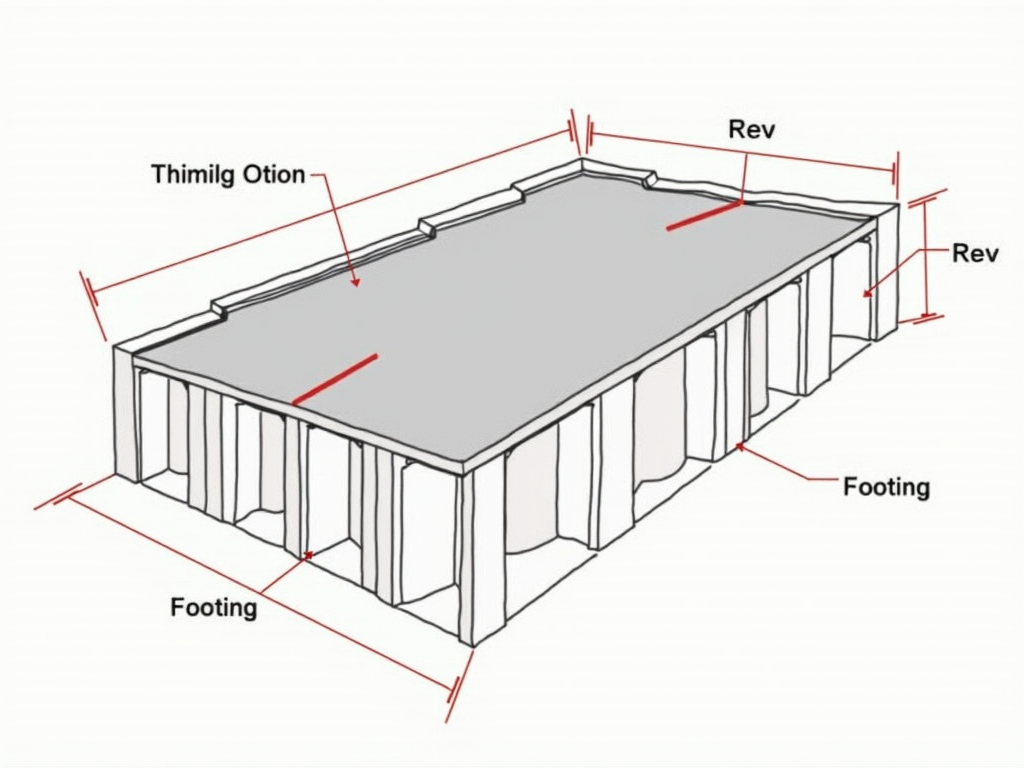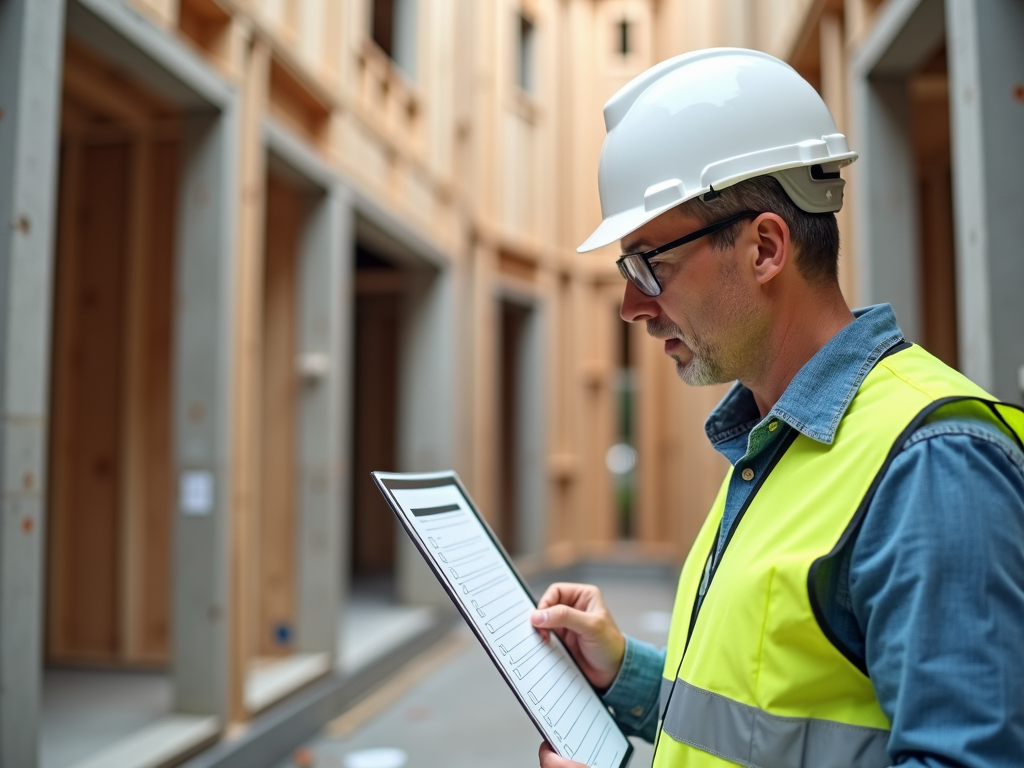Understanding Building Codes: A Beginner's Guide
Building codes are essential regulations that ensure the safety, health, and welfare of the public in the built environment. For beginners, understanding these codes can be daunting, but it's crucial for anyone involved in construction or renovation projects. This guide aims to demystify building codes, providing a clear and comprehensive introduction to help you navigate this complex topic.

What are Building Codes?
Building codes are a set of rules and standards that govern the design, construction, alteration, and maintenance of buildings and structures. They are typically established by local, state, or national authorities and are based on scientific research, engineering principles, and best practices. The primary purpose of building codes is to protect public health, safety, and welfare by ensuring that buildings are constructed to withstand various hazards, such as fires, earthquakes, and extreme weather conditions.
Why are Building Codes Important?
Building codes play a critical role in ensuring that buildings are safe, functional, and sustainable. They help prevent accidents, injuries, and fatalities by setting minimum standards for structural integrity, fire safety, electrical systems, plumbing, and more. Additionally, building codes promote energy efficiency, accessibility, and environmental sustainability, contributing to a better quality of life for occupants and the community at large.

How to Understand and Navigate Building Codes as a Beginner
For beginners, building codes can seem overwhelming due to their technical nature and the sheer volume of information. However, with the right approach, you can learn to navigate these codes effectively. Here are some tips to get started:
-
Familiarize yourself with the basic structure of building codes. Most codes are organized into chapters or sections that cover specific topics, such as structural design, fire safety, or plumbing.
-
Identify the relevant codes for your project. Depending on your location and the type of project, you may need to comply with local, state, or national codes, as well as industry-specific standards.
-
Consult with professionals. Architects, engineers, and contractors are well-versed in building codes and can provide valuable guidance and expertise.
-
Take advantage of online resources and training programs. Many organizations offer free or low-cost resources to help you learn about building codes, including webinars, tutorials, and guides.
Common Building Code Requirements
One of the most critical aspects of building codes is ensuring that your project meets the necessary requirements. Here are some common building code requirements that you should be aware of:
-
Footing Calculations: Footings are the foundation of a building, and their design and construction are critical to the structural integrity of the entire structure. Building codes specify the minimum requirements for footing size, depth, and reinforcement based on factors such as soil type, building weight, and seismic activity.
-
Fire Safety: Building codes include provisions for fire safety, such as requirements for fire-resistant materials, sprinkler systems, and emergency exits.
-
Accessibility: Building codes also address accessibility requirements, ensuring that buildings are usable by people with disabilities.

Tips for Ensuring Construction Code Compliance
To ensure that your project complies with building codes, follow these tips:
-
Plan ahead. Incorporate building code requirements into your project design and planning phase to avoid costly mistakes and delays.
-
Obtain necessary permits. Most construction projects require permits from local authorities, which involve reviewing plans and inspecting the work to ensure compliance with building codes.
-
Hire qualified professionals. Work with architects, engineers, and contractors who have experience with building codes and can help you navigate the compliance process.
-
Stay informed. Keep up-to-date with changes to building codes and industry best practices to ensure that your project remains compliant.
Construction Code Compliance Checklist
To help you stay on track, here's a simple construction code compliance checklist:
| Task | Description |
|---|---|
| Research local building codes | Identify the relevant codes for your project and location |
| Consult with professionals | Seek guidance from architects, engineers, and contractors |
| Obtain necessary permits | Apply for and secure required permits from local authorities |
| Conduct regular inspections | Schedule inspections to ensure compliance throughout the project |
| Document compliance | Keep records of inspections, permits, and other compliance-related documents |
Resources for Learning More About Building Codes
If you're interested in learning more about building codes, here are some resources to get you started:
-
International Code Council (ICC): The ICC is a leading organization that develops and publishes building codes, including the International Building Code (IBC).
-
National Fire Protection Association (NFPA): The NFPA develops and publishes codes and standards related to fire safety, including the National Electrical Code (NEC).
-
Local building departments: Your local building department can provide information on specific building codes and requirements for your area.
Summary
Understanding building codes is essential for anyone involved in construction or renovation projects. By familiarizing yourself with the basics of building codes, seeking guidance from professionals, and staying informed about industry best practices, you can ensure that your project complies with the necessary regulations and contributes to a safe, functional, and sustainable built environment.





